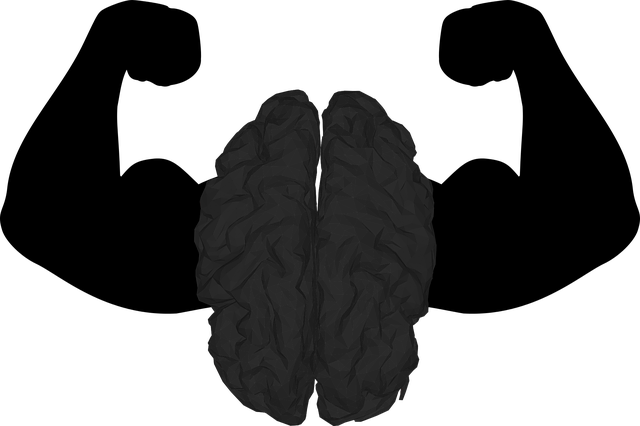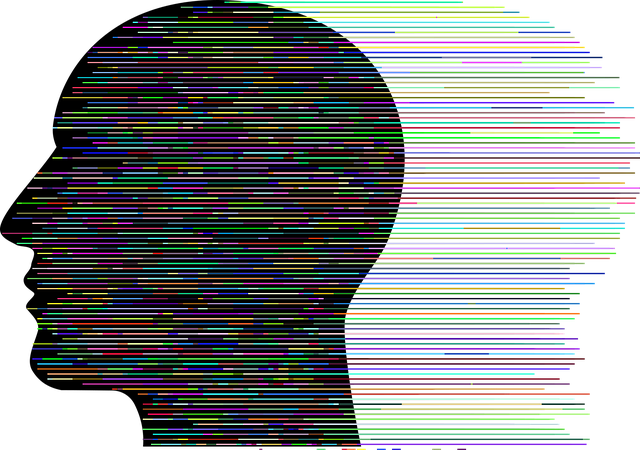Lafayette Dissociative Disorder Therapy enhances access to mental health services for underserved communities through tailored outreach programs. These initiatives offer education, skills training, and self-care support, empowering individuals with dissociative disorders and other challenges. By collaborating with local resources and employing culturally sensitive strategies, Lafayette ensures its programs address unique community needs effectively. Continuous evaluation, participant feedback, and holistic approaches sustain long-term positive changes in community mental health, positioning Lafayette as a leader in accessible, impactful care.
Community outreach programs play a pivotal role in expanding access to mental health services, particularly for underserved communities like Lafayette. This article explores the transformative power of such initiatives, focusing on their benefits for Lafayette Dissociative Disorder Therapy. We delve into strategic design, implementation best practices, and measurement tools, providing actionable insights to maximize impact. By understanding local needs and tailoring approaches, outreach programs can foster inclusivity and enhance the reach of specialized therapy in Lafayette.
- Understanding Community Outreach Programs: Their Role and Benefits for Lafayette Dissociative Disorder Therapy
- Designing Effective Outreach Strategies Tailored to Local Needs in Lafayette
- Implementing Outreach Programs: Actionable Steps and Best Practices
- Measuring Success and Sustaining Impact: Evaluating the Effectiveness of Community Outreach for Lafayette Dissociative Disorder Therapy
Understanding Community Outreach Programs: Their Role and Benefits for Lafayette Dissociative Disorder Therapy

Community outreach programs play a pivotal role in enhancing access to mental health services, particularly for underserved communities like Lafayette Dissociative Disorder Therapy clients. These initiatives extend the reach of professional support beyond traditional clinical settings, fostering a more inclusive environment for those struggling with dissociation and other mental health challenges. By implementing well-designed Mental Health Education Programs, community outreach equips individuals with valuable knowledge about their conditions and empowers them to take charge of their mental well-being.
Incorporating Social Skills Training and Self-Care Routine Development for Better Mental Health into outreach strategies is instrumental in helping clients navigate social interactions and cultivate healthy coping mechanisms. Such programs not only improve the overall quality of life for individuals with dissociative disorders but also strengthen community bonds, creating a supportive network that promotes healing and recovery.
Designing Effective Outreach Strategies Tailored to Local Needs in Lafayette

In designing effective outreach strategies for Lafayette, it’s crucial to understand and address the unique mental health needs of the community. For instance, a tailored approach could involve leveraging local resources like schools, community centers, and faith-based organizations to offer Lafayette Dissociative Disorder Therapy and related services. By collaborating with these entities, the programs can be integrated seamlessly into the existing social fabric, enhancing accessibility and reducing barriers to care.
A successful strategy may include diverse initiatives such as Mental Wellness Journaling Exercise Guidance, Stress Management Workshops Organization, and even producing a Mental Wellness Podcast Series Production that discusses relevant topics and features local voices. These multifaceted efforts not only raise awareness about mental wellness but also provide practical tools and resources, fostering a more supportive and inclusive environment for all residents of Lafayette.
Implementing Outreach Programs: Actionable Steps and Best Practices

Implementing community outreach programs is a multifaceted process that requires careful planning and execution. For organizations like Lafayette Dissociative Disorder Therapy, addressing mental health concerns within diverse communities demands a tailored approach. Begin by identifying the specific needs of your target audience, considering factors such as cultural norms, socioeconomic status, and prevalent mental health issues. This understanding forms the foundation for designing relevant and engaging programs that foster trust and encourage participation.
Effective outreach involves employing strategies like Depression Prevention initiatives, incorporating Cultural Sensitivity in Mental Healthcare Practice, and utilizing empathy-building techniques to connect with community members on their terms. Ensure program leaders are well-trained and culturally competent to deliver services sensitively and effectively. Regularly evaluate the impact of these programs through feedback mechanisms, allowing for continuous improvement and better alignment with the evolving needs of the communities you serve.
Measuring Success and Sustaining Impact: Evaluating the Effectiveness of Community Outreach for Lafayette Dissociative Disorder Therapy

Measuring success and sustaining impact are crucial aspects of evaluating the effectiveness of community outreach programs, particularly for Lafayette Dissociative Disorder Therapy. To gauge the positive outcomes, a comprehensive assessment framework should be established, incorporating both quantitative and qualitative metrics. This may include tracking the number of individuals reached through outreach efforts, with a focus on diverse communities, and assessing their subsequent engagement in therapy services. Qualitative data from participant feedback and case studies can provide deeper insights into how the program has addressed specific challenges related to dissociative disorders.
Sustaining impact involves not only immediate changes but also long-term behavioral shifts and improved mental wellness outcomes. By integrating Burnout Prevention Strategies for Healthcare Providers, Mental Wellness Journaling Exercise Guidance, and Depression Prevention initiatives alongside therapy sessions, Lafayette Dissociative Disorder Therapy can foster a holistic approach to community care. Regular follow-ups and ongoing evaluation ensure that the program remains responsive to evolving needs, maximizing its reach and positive effects on mental health within the community.
Implementing community outreach programs tailored to the specific needs of Lafayette Dissociative Disorder Therapy can significantly enhance access to care and support for those affected by dissociative disorders. By following best practices outlined in this article, such as understanding local dynamics, designing culturally sensitive strategies, and measuring success through robust evaluation methods, organizations like Lafayette Dissociative Disorder Therapy can create lasting positive change within their communities. These efforts not only improve individual lives but also foster a more inclusive and supportive societal environment for those grappling with dissociative disorders.








